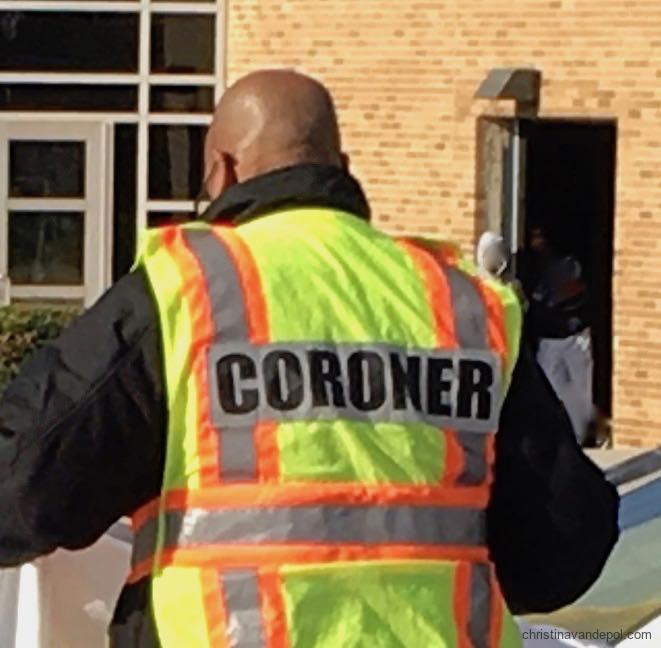
Coroners often get calls from students — high school students — asking about what it takes to be a coroner. Often they’re doing an interview or a paper for a class. To be honest, sometimes my first thought is why didn’t they just do an internet search? On second thought, I’m glad they asked me. Because there’s not a lot of good information on the internet about coroners.
I start with the basics. First I explain that all they have to do to run for coroner in Pennsylvania is to be at least eighteen years of age, a citizen of the United States, and a resident of the county for one year preceding your election (16 P.S. § 413). Of course there is that pesky detail of getting elected. Even if you are elected, it’s only for four years and then you have to get re-elected.
Once elected, the PA Attorney General’s office requires Pennsylvania coroners-elect to take a one-week training course. It covers everything from how to complete a death certificate to testifying in court to autopsy pathology. It’s pretty intense, and at the end of the long week there’s an exam. It’s not that hard if you have a medical background, but of course not everyone does. And if you don’t pass, the judge can’t swear you in on January 2nd. I don’t know if that’s ever happened, but my guess is if it did, the coroner-elect would have take it over again. Once you’re in office, you have to take a minimum of eight hours of training every year.
Pennsylvania does not require pathologists who serve as coroners or medical examiners (currently only three counties in Pennsylvania) to take the coroner training. Pathologists are physicians who have completed several years of specialized training after medical school and internship. Forensic pathologists have an additional year of forensic training. Right now forensic pathologists are an endangered species. So if a student is really interested in this line of work, I suggest they think about medical school and forensic pathology instead of running for coroner and trying to learn on the job. If a county has a coroner, that coroner still has to hire forensic pathologists to do autopsies. Although legally — sadly this is true — the coroner could do the autopsies themselves according to PA law.
There are some advantages to being a coroner instead of a medical examiner. For one thing, coroners are accountable only to the people who elected them. They have job security for the four years of their elected term. They therefore have a great deal of independence, which is critically important when determining the cause and manner of death. Prison deaths, police shootings, high-profile deaths: the public can’t perceive coroners and medical examiners as part of a law enforcement team. They must render a medically accurate and unbiased verdict based on their independent investigation of the death.
Getting back to the inquiring student: If they’re qualified to apply for an internship with a coroner or medical examiner office, I encourage them to do so. Many offices have internships. Internships offer hands-on practical work experience. They can use the help! If they’re not eligible yet, I review a couple of career pathways they can consider. Science courses are essential, of course. And if they don’t make it to medical school, there’s forensic programs and jobs as medicolegal death investigators (also in demand). Of course in Pennsylvania they can always run for coroner once they’re 18. And that needs to change!